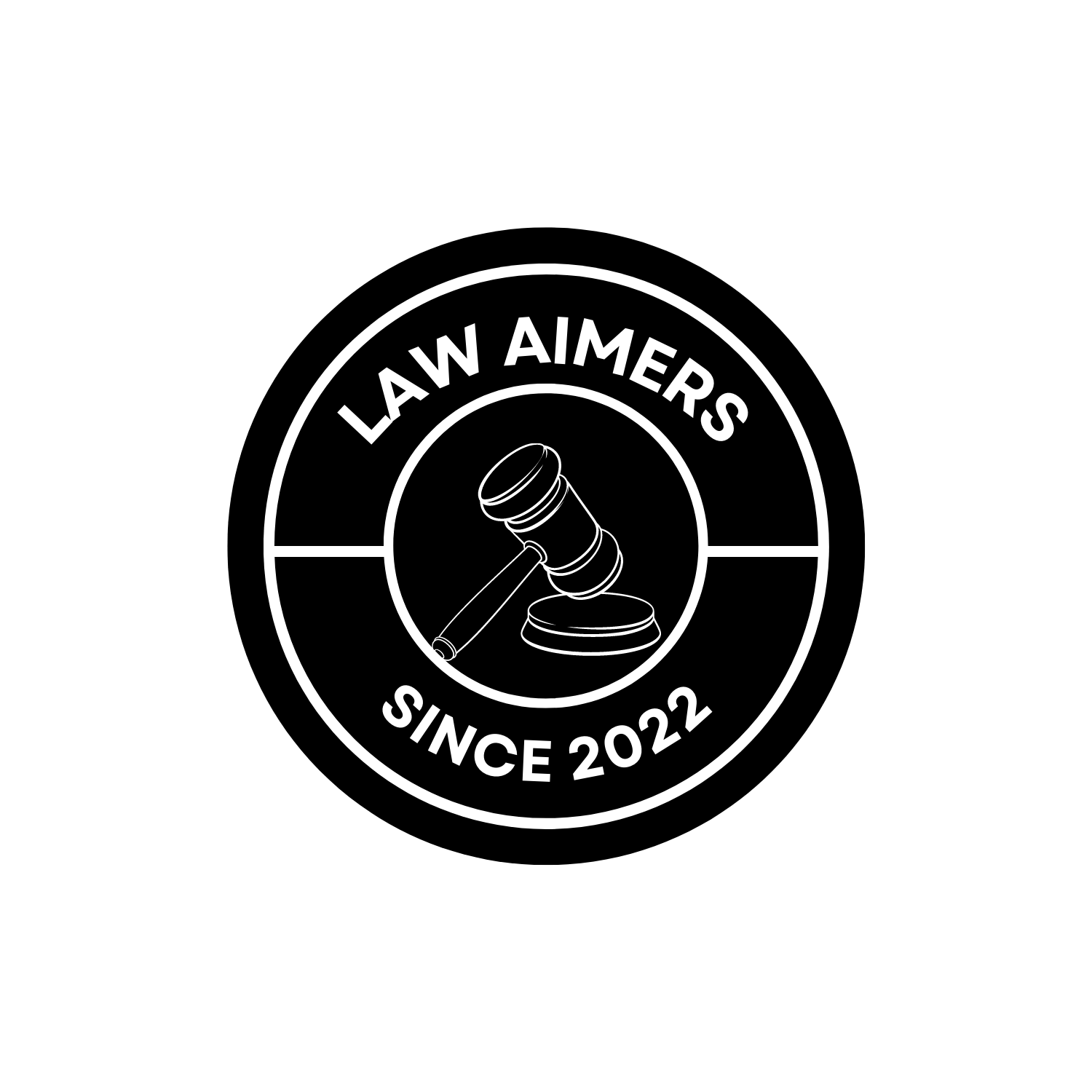The following public documents may be proved as follows:–
(1) Acts, orders or notifications of the Central Government in any of its departments, or of the Crown Representative or of any State Government or any department of any State Government, –
by the records of the departments, certified by the head of those departments respectively,
or by any document purporting to be printed by order of any such Government or, as the case may be, of the Crown Representative;
(2) the proceedings of the Legislatures,–
by the journals of those bodies respectively, or by published Acts or abstracts, or by copies purporting to be printed by order of the Government concerned;
(3) proclamations, orders or regulations issued by Her Majesty or by the Privy Council, or by any department of Her Majesty’s Government,–
by copies or extracts contained in the London Gazette, or purporting to be printed by the Queen’s Printer;
(4) the Acts of the Executive or the proceedings of the Legislature of a foreign country,–
by journals published by their authority, or commonly received in that country as such, or by a copy certified under the seal of the country or sovereign, or by a recognition thereof in some Central Act:
(5) the proceedings of a municipal body in a State,–
by a copy of such proceedings, certified by the legal keeper thereof, or by a printed book purporting to be published by the authority of such body;
(6) public documents of any other class in a foreign country,–
by the original, or by a copy certified by the legal keeper thereof, with a certificate under the seal of a Notary Public, or of an Indian Consul or diplomatic agent, that the copy is duly certified by the officer having the legal custody of the original, and upon proof of the character of the document according to the law of the foreign country.





